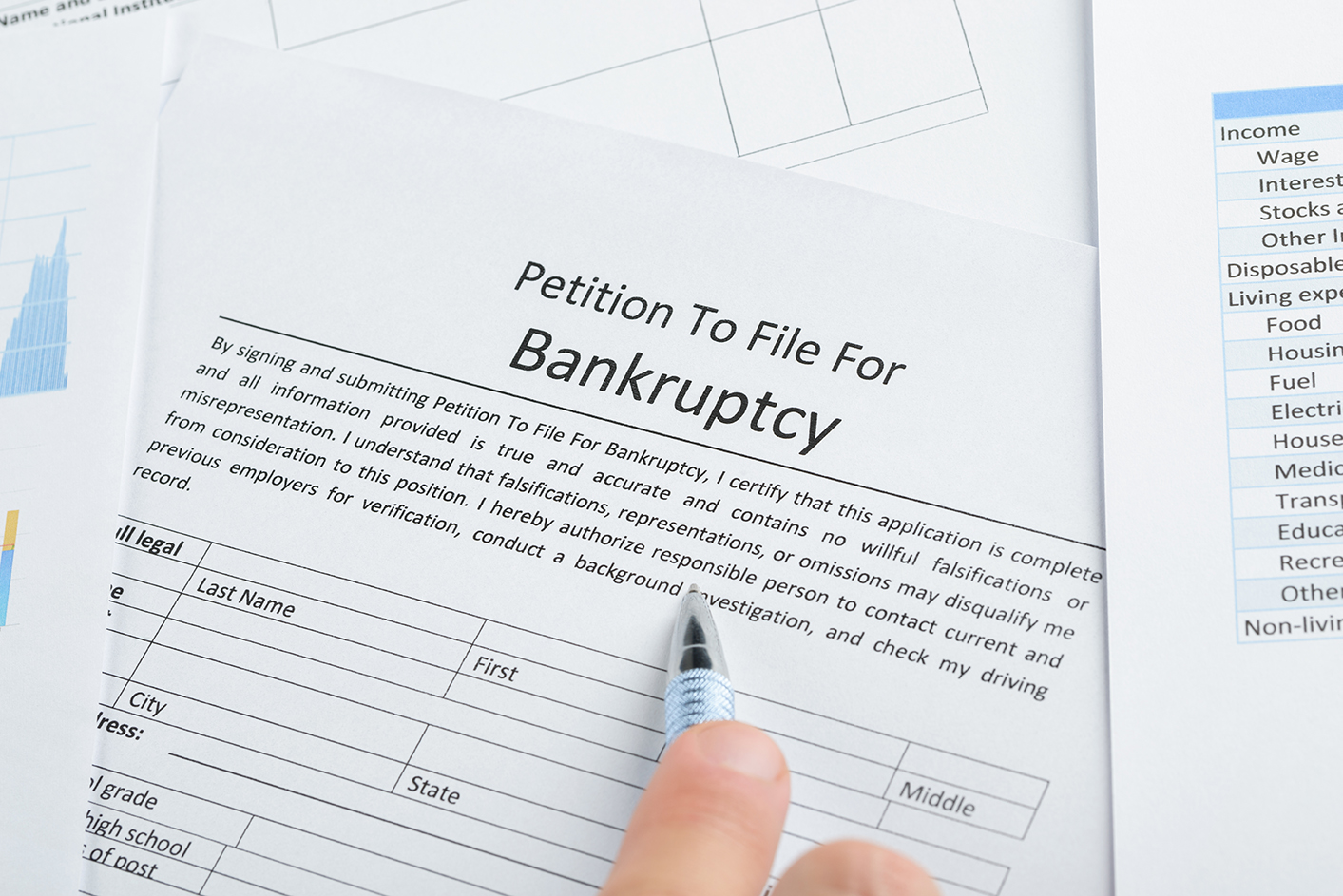Bankruptcy Lawyers Can Advise if You Should Filing Bankruptcy Is Right For You
If you’re contemplating filing bankruptcy, you’re on the brink of financial collapse. You’re drowning in debt that you can’t seem to stay on top of and there’s no end in sight of when you’ll be able to dig your way out of the hole. Bankruptcy can sound like a quick fix, but it’s a complex process that deserves serious consideration. At RGG Law, we have your best interest in mind. We know that financial stress can be debilitating and we don’t want that for you; we’ve compiled a list of things to consider before filing bankruptcy.
Debt to Income Ratios
If you’re living frugally and still struggling to pay your bills, filing bankruptcy may be something for you to consider. If you are a chronic overspender and are incessantly spending money on things you want instead of paying the bills you need to, filing bankruptcy won’t fix your problem. If the problem is your spending, you need financial intervention beyond what bankruptcy provides. Don’t view it as a quick fix for your debt; first, take a good hard look at your income and expenses to see if you could catch up on bills if you go easy on the spending. Filing bankruptcy is a big decision that has a lasting impact on your financial records.
What Kind of Debt is Weighing You Down?
If you’ve racked up a hefty amount of credit card debt and you can’t even keep up with the payments, you might be eligible for Chapter 7 bankruptcy. If you’re willing to take the hit when it comes to your credit and you qualify when it comes to your income and debt ratios, you may be a good candidate for Chapter 7 bankruptcy.
If you are struggling every month to pay your student loans on top of your living expenses, you may be eligible for Chapter 13 bankruptcy, which wouldn’t erase your student loan debt but would weigh your income against your living expenses and disposable income and help you into a manageable payment plan. Chapter 7 bankruptcy wipes out debt but you have to meet low-income requirements and it often means you have to forfeit unsecured property. Chapter 13 bankruptcy won’t wipe your debt but will help you manage it; it may be your only option if your income is too high for a Chapter 7. It will often help tackle student loans or tax debt, which Chapter 7 won’t discharge.
Consult with a Bankruptcy Lawyer When Filing Bankruptcy
The intricacies of bankruptcy law can be difficult to understand. Don’t take the step of filing bankruptcy unless you are informed on the type of relief that it would provide and the possible downsides. Speaking to seasoned bankruptcy lawyers can help you decide if filing bankruptcy is a good decision for you, whether you should file for Chapter 7 bankruptcy or Chapter 13 bankruptcy, and what to expect. RGG Law is a bankruptcy law firm that will guide you through this process and help you find the best solution for your finances and your future. Schedule a free consultation with our bankruptcy lawyers today for an honest assessment of how you can move forward.

